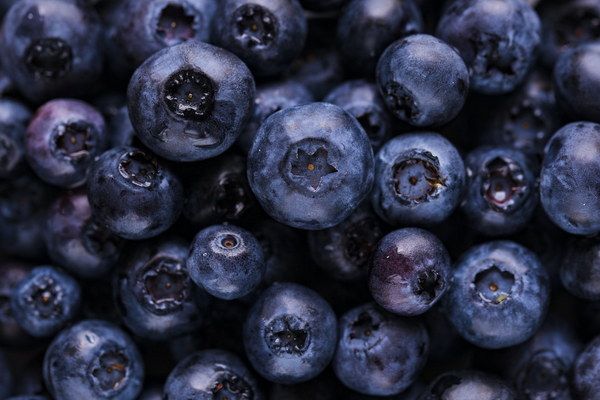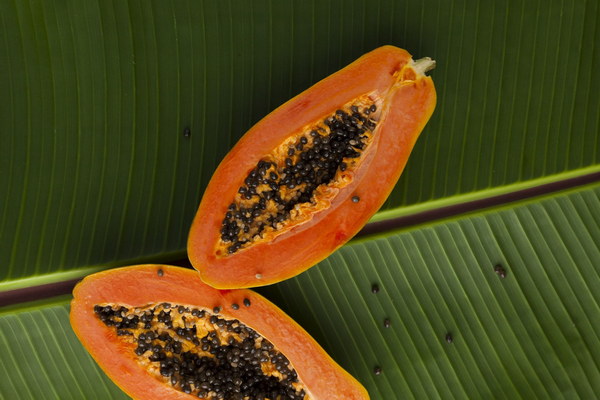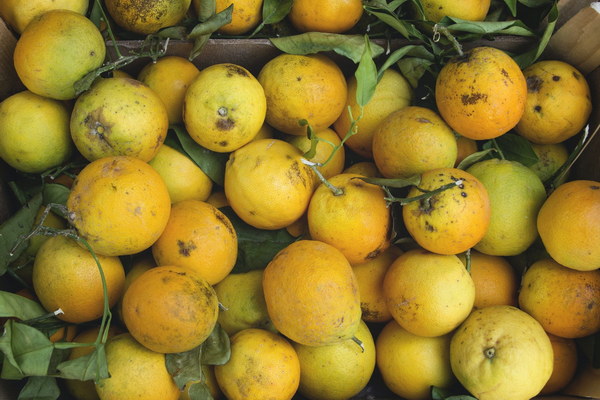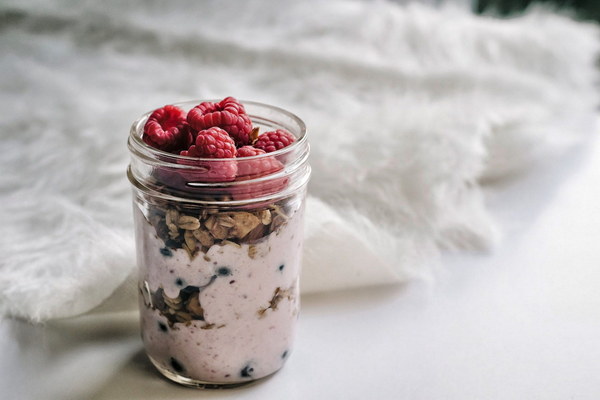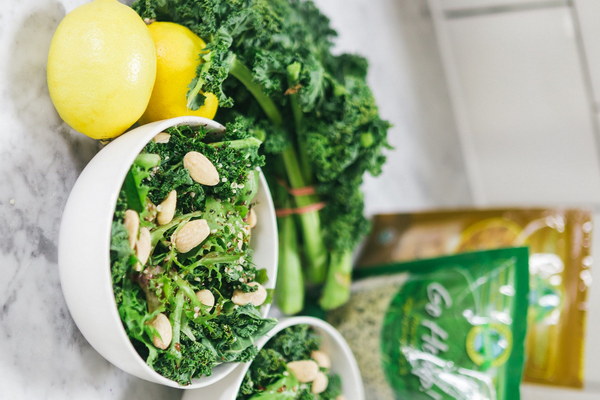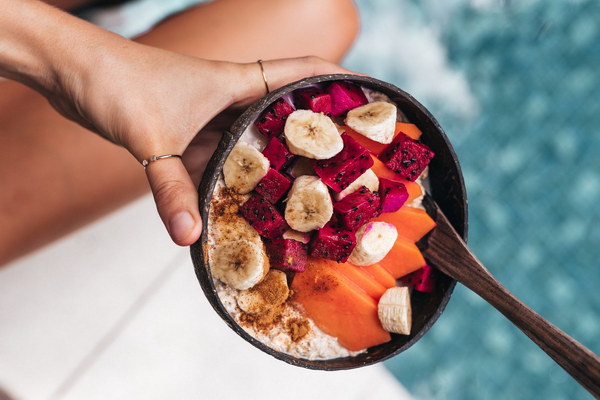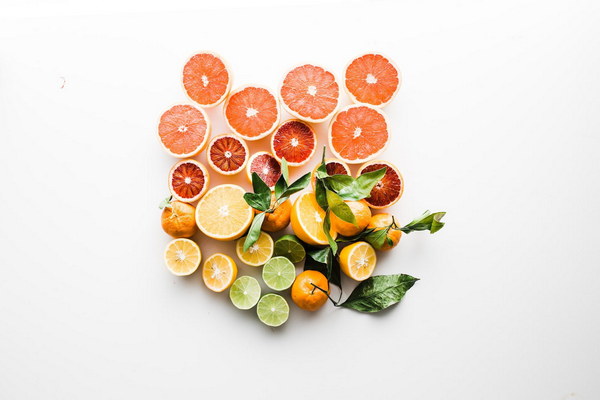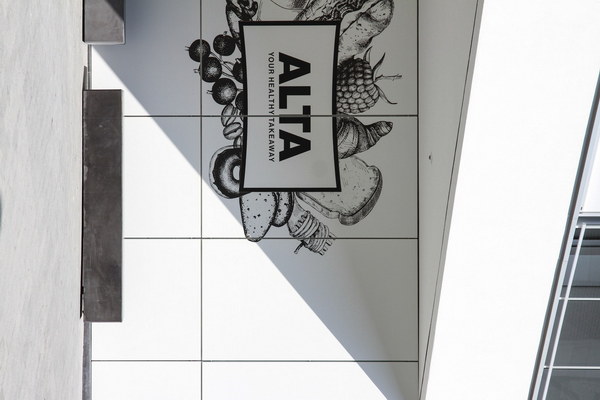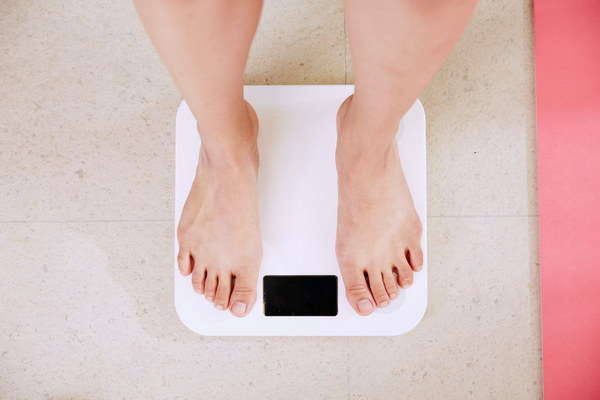Boosting Low Blood Pressure Can Diet Be the Key
Low blood pressure, also known as hypotension, is a common condition that affects many individuals. It can lead to symptoms such as dizziness, fainting, and fatigue. While medication is often prescribed to manage low blood pressure, many people are interested in exploring natural remedies, like dietary changes, to improve their condition. In this article, we will discuss whether a diet can help boost low blood pressure and provide some tips on how to incorporate these changes into your daily routine.
Firstly, it's important to understand that low blood pressure can be caused by various factors, such as dehydration, medication side effects, or underlying health conditions. Therefore, it's crucial to consult with a healthcare professional before making any significant dietary changes. With that said, certain foods and nutrients have been shown to help improve blood pressure levels in some individuals.
1. Hydration: Staying well-hydrated is one of the most important steps in managing low blood pressure. Drinking plenty of water throughout the day can help maintain healthy blood pressure levels. Aim for at least eight 8-ounce glasses of water per day, and increase your intake if you are experiencing symptoms of dehydration.
2. Salt: Contrary to popular belief, consuming salt can actually help raise low blood pressure in some cases. However, it's important to choose the right types of salt, such as iodized salt, which contains essential minerals. Aim for a moderate intake of 1,500 to 2,300 milligrams of sodium per day, as excessive salt can lead to other health issues.
3. Potassium: Potassium is a crucial nutrient that helps regulate blood pressure. Foods high in potassium include bananas, oranges, avocados, sweet potatoes, and spinach. Incorporating these foods into your diet can help maintain healthy blood pressure levels.
4. Magnesium: Magnesium is another essential mineral that plays a role in blood pressure regulation. Good sources of magnesium include almonds, cashews, whole grains, and dark chocolate. Aim for 400 to 420 milligrams of magnesium per day.
5. Vitamin D: Vitamin D deficiency has been linked to low blood pressure in some individuals. Foods high in vitamin D include fatty fish, fortified dairy products, and egg yolks. Aim for 600 to 800 international units (IU) of vitamin D per day.
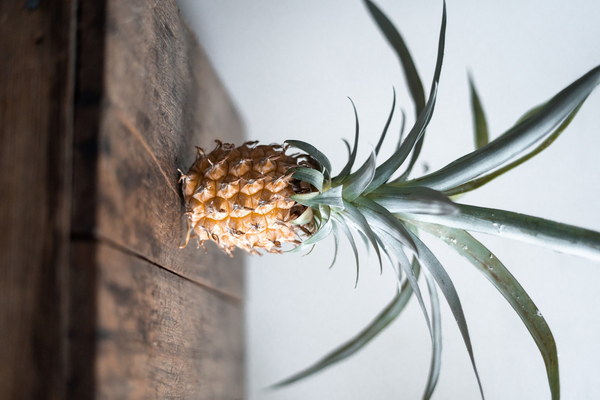
6. Foods rich in omega-3 fatty acids: Omega-3 fatty acids have been shown to help lower blood pressure. Foods high in omega-3s include fatty fish (such as salmon, mackerel, and sardines), flaxseeds, chia seeds, and walnuts. Aim for at least 250 to 500 milligrams of omega-3s per day.
7. Avoid caffeine and alcohol: Excessive caffeine and alcohol consumption can contribute to low blood pressure. Try to limit your intake of these substances, especially if you are sensitive to them.
It's important to note that while dietary changes can help manage low blood pressure in some individuals, they may not be sufficient for everyone. Some people may require medication or other interventions to achieve optimal blood pressure control. Additionally, it's essential to maintain a balanced diet and engage in regular physical activity to support overall health.
In conclusion, while a diet rich in certain nutrients and low in caffeine and alcohol may help boost low blood pressure in some individuals, it's essential to work with a healthcare professional to determine the best approach for your specific needs. By making these dietary changes, you can help improve your blood pressure levels and overall health.
